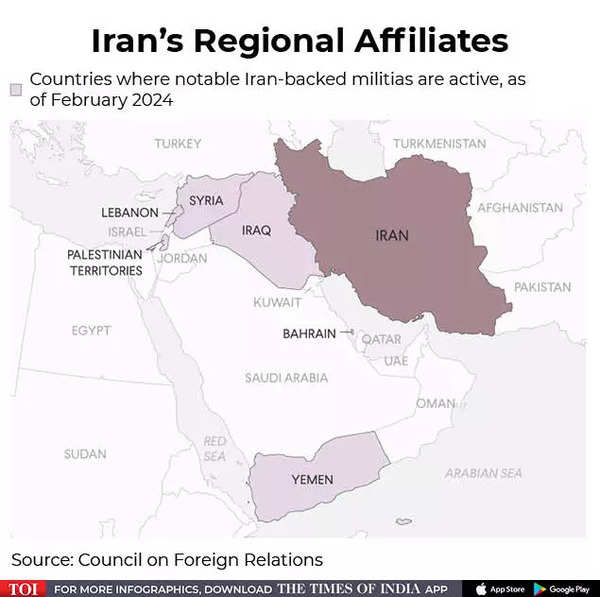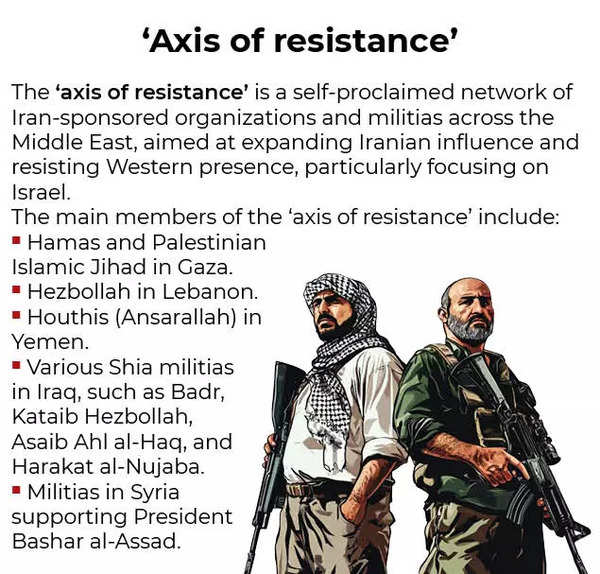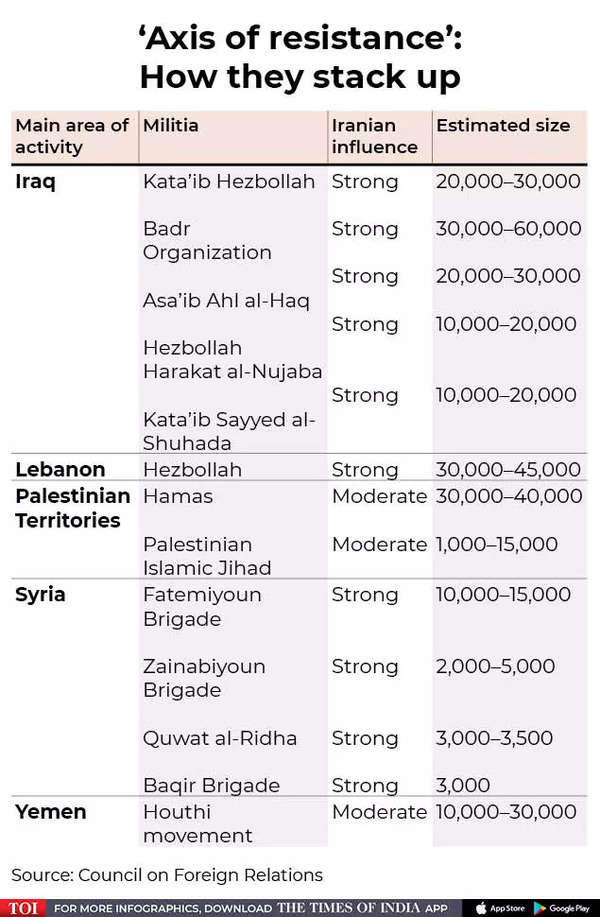[ad_1]
In response to the latest focused killings of high-ranking officers from the militant organizations Hamas and Hezbollah, airways are taking precautionary measures to make sure the protection of their passengers and crew.These measures embrace rerouting flights to keep away from Iranian and Lebanese airspace and suspending providers to Israel and Lebanon because of the heightened threat of battle within the area.
These occasions have pushed the area to the brink of a wider battle, significantly between Israel and Iran, and have jeopardized ceasefire and hostage negotiations associated to the continuing Israel-Hamas battle.
Why it issues
- These high-profile assassinations threaten to derail essential ceasefire and hostage negotiations in Gaza.
- The deaths of Shukr and Haniyeh may provoke direct retaliation from Iran and its proxies, elevating the specter of a full-scale battle that might be far deadlier than the present Israel-Hamas battle in Gaza.
- The potential for a bigger regional battle poses important dangers to international stability and safety.
- Whereas US officers, lawmakers, and analysts consider neither Israel nor Iran is looking for a full-scale battle, the chance stays because of the potential for occasions to spiral uncontrolled.
What they’re saying
- Michael Mulroy, former deputy assistant secretary of protection for the Center East, advised Overseas Coverage: “That is the closest the area has been to an all-out battle within the final 10 months.”
- “You have no idea what crimson strains you crossed. Those that are behind it should await our inevitable response,” Hezbollah chief Hassan Nasrallah stated, addressing Israel, a day after Shukr was killed in a strike in south Beirut.
- Bilal Saab, US Center East safety skilled, advised FP: “If any battle occurs, it’s not going to be due to a deliberate declaration of battle; it’s going to occur due to issues spiraling uncontrolled. Each side, Israel and the Iran-led axis, don’t want such a battle, but it surely’s the final word paradox as a result of they proceed to pursue provocative acts which can be getting us nearer and nearer to battle.”
- Senator Ben Cardin, Democratic chairman of the Senate Overseas Relations Committee: “It makes it way more difficult proper now in regard to the hostage negotiations, and it makes a sizzling scenario even hotter.”
- “How far does Iran retaliate? What does ‘revenge’ actually imply? How far are they prepared to stroll as much as that line with out going to outright battle with the Israelis,” Stephen Ganyard, former deputy assistant US secretary of state and an ABC information contributor, advised ABC Information.
Hamas chief killed: How will Iran reply?
Between the strains
- The assassinations are seen as a part of Israel’s technique to escalate tensions with Hezbollah and Iran to power a de-escalation in Gaza.
- In line with Ganyard, Israel could also be following an ‘escalate to de-escalate’ technique.
- This ‘escalate to de-escalate’ technique may both result in a settlement or provoke additional battle. Iran’s response may mirror its restrained retaliation in April, when it launched drones and missiles at Israel following a lethal strike in Damascus.
- In any other case, the latest killings could push Iran and its allies in direction of a extra coordinated and probably extreme response to reveal their functionality and resolve.
Zoom in: This is how Iran could reply
As per some stories, Iranian Supreme chief Ayatollah Ali Khamenei has reportedly ordered a direct strike on Israel in response to Haniyeh’s killing. This implies that Iran is ready to escalate the battle, probably involving missile strikes just like the assault in April the place Iran launched over 300 ballistic and cruise missiles together with drones at Israel.

Iran’s space of affect
Coordinated response with allies
As per different stories, Iran is predicted to coordinate its response with its regional allies, together with Hezbollah, Palestinian actions, Yemen’s Huthis, and Iraqi Shia militias. This alliance, generally known as the “axis of resistance,” will doubtless orchestrate a staggered or simultaneous collection of retaliatory strikes. There are indications that each Iran and its allies are getting ready for coordinated navy actions to keep away from a full-scale battle whereas strongly deterring additional Israeli actions.

Symbolic and tactical strikes
Iran and its proxies may have interaction in focused strikes towards Israeli navy and strategic property fairly than initiating a full-scale battle. This strategy goals to inflict harm whereas managing the battle’s escalation to keep away from drawing in additional important worldwide intervention.

What subsequent
- The assassinations have sophisticated the US-led efforts to mediate a ceasefire between Israel and Hamas.
- Haniyeh, a key determine in these negotiations, was considered because the worldwide face of Hamas and performed a major position in ceasefire and hostage discussions.
- His dying could impede the progress of those talks and push the concerned events farther from a decision.
- The problem for either side is to handle their actions and responses in a manner that achieves their strategic targets with out triggering an uncontrollable escalation.
- Ganyard identified that Iran faces a real impediment in figuring out the extent of its involvement, provided that Haniyeh was not “certainly one of its guys.” He emphasised the truth that Hamas is a Sunni group, whereas Iran’s management is predominantly Shia.
- This sectarian distinction between the 2 teams presents a major problem for Iran in navigating its relationship with Hamas and deciding the extent of help it’ll present.
- Iran is prone to retaliate however will rigorously take into account the extent of its response to keep away from an all-out battle with Israel, Ganyard added.
(With inputs from companies)
[ad_2]
Source link
This Publish could include copywrite


